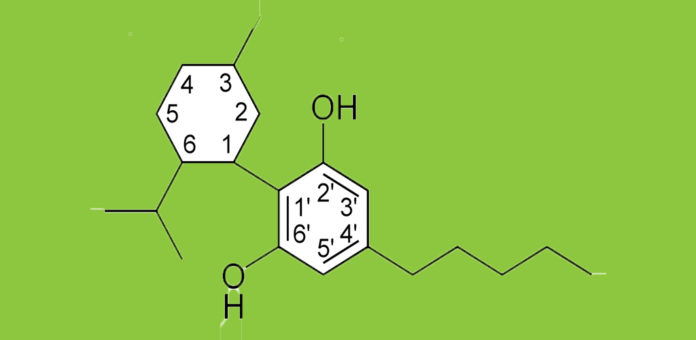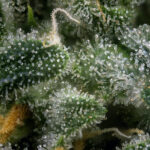The New England Journal of Medicine this week published study results, which show cannabidiol, aka CBD, is effective at lessening or eliminates seizures in children and teens with a rare, untreatable form of epilepsy.
Study subjects were young patients with a rare form of epilepsy called Dravet syndrome. Study results showed that fifty percent of those treated with CBD had reduced seizures (compared to a control group, given a placebo), and that five percent of those treated with CBD ceased having seizures completely. Currently, there is no conventional medication that effectively treats Dravet syndrome.
A genetic disorder, Dravet syndrome affects infants during their first year of life, with a lifelong range of conditions that includes frequent and prolonged seizures, developmental issues, nutritional and growth impairment, among others.
According to LiveScience.com, study co-author and director of NYU Langone’s Comprehensive Epilepsy Center Dr. Orrin Devinsky pointed out the importance of the study results and that–though there has been much anecdotal evidence of the benefits of CBD for various medical conditions–scientific and medical research is desperately needed to test compounds derived from cannabis, as well as the effects of cannabinoids on other forms of epilepsy.
The study consisted of 120 patients; none were informed if they were receiving medication or a placebo. Half were then given a placebo, while the other half received CBD in the form of a medication called Epidiolex. Manufactured by UK company GW Pharmaceuticals, the medication allowed researchers to apply consistent dosing of the ninety-nine percent CBD formulation. GW Pharmaceuticals also sponsored the study.
Clinical interest in CBD was brought to the forefront in 2013, when Dravet syndrome patient Charlotte Figi was featured in CNN news documentary, “Weed.” The improvement of her condition after the use of cannabis-based medicine resulted in a CBD-heavy strain of cannabis, “Charlotte’s Web,” being named after her. That story now, has scientific data to back it up.
Doctors involved in the study concurred with Devinsky that increased research is needed for CBD and other cannabinoid compounds that show potential for treating epilepsy and other genetic or chronic conditions.











